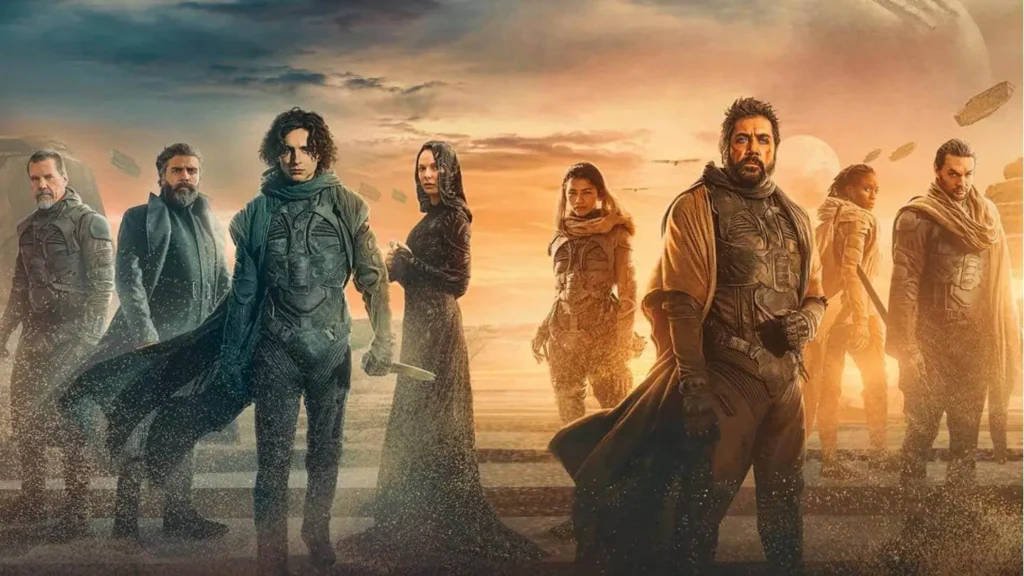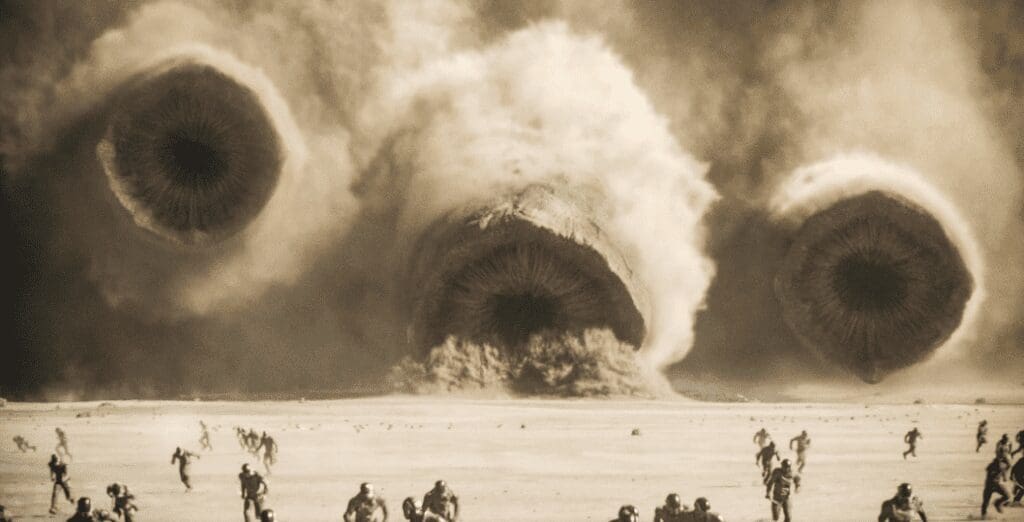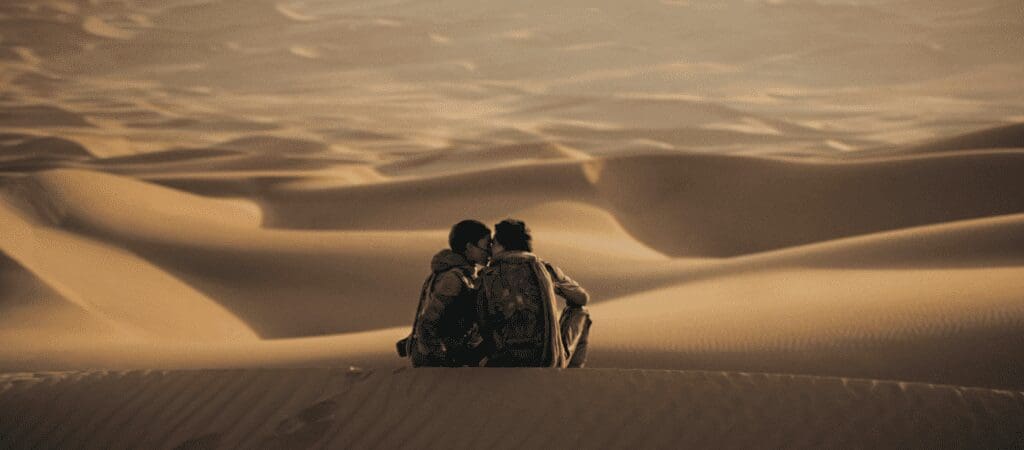
The success of Dune: Part Two has set the stage for further exploration of Herbert’s universe, with Denis Villeneuve adapting Frank Herbert’s Dune: Messiah for the next instalment. However, this decision marks a significant departure from the original narrative. In Dune 3, Villeneuve wants to shift the focus away from Paul Atreides, challenging the perception of him as a hero. Instead, the narrative centres on a darker and more complex exploration of power, religion, and morality.
Dune is not your run-of-the-mill science fiction epic. It is a complex story of political intrigue, religious fervour, and ecological themes across a vast and unforgiving landscape. Herbert’s original novel, published in 1965, introduced readers to a universe teeming with fascinating characters and mind-bending concepts, setting the stage for a saga that would span six novels and capture the imaginations of countless readers around the world.
Denis Villeneuve’s adaptation of the first Dune novel has been met with acclaim, praised for its stunning visuals. However, as the series looks to expand beyond its initial instalment, Denis Villeneuve faces the daunting task of translating the increasingly complex and esoteric elements of the Dune saga to the silver screen.

RELATED: Dune Part 2 – Many Things to Many People A Review
One of the most significant challenges Denis Villeneuve must contend with is the sheer scope and scale of Herbert’s universe. Dune is a story that spans thousands of years and countless worlds, populated by a diverse array of characters whose fates are intricately intertwined. From the noble houses of the Imperium to the mysterious Bene Gesserit sisterhood and the enigmatic Fremen of Arrakis, the Dune saga is a vast and sprawling epic that defies easy categorisation.
Perhaps the greatest challenge facing Denis Villeneuve is the task of adapting the later books in Herbert’s series, particularly Dune: Messiah, which takes the narrative in a decidedly darker direction. In this instalment, Herbert explores themes of power, religion, and the consequences of foresight, challenging conventional notions of heroism and morality.
Central to Denis Villeneuve’s adaptation of Dune: Messiah is the character of Paul Atreides, whose journey from reluctant hero to despotic ruler serves as the focal point of the narrative. However, unlike traditional hero narratives, Villeneuve’s interpretation of Paul is far from straightforward. As he explained in an interview, “Dune: Messiah was written in reaction to the fact that people perceived Paul Atreides as a hero, which is not what [Frank Herbert] wanted to do.” By subverting expectations and challenging conventional notions of heroism, Villeneuve hopes to craft a more nuanced and morally ambiguous portrayal of Paul’s journey.

RELATED: The Dark Herald Recommends: Dune II
Another departure from the source material is the portrayal of Paul’s sister, Alia, who in Herbert’s novels is depicted as a formidable figure with extraordinary powers. In Villeneuve’s adaptation, Alia is presented in a different light, portrayed as a vision of the future played by Anya Taylor-Joy. This divergence from the source material lets Villeneuve explore new avenues of storytelling.
Yet perhaps the most significant departure from the original books is the shift in focus to a new main character: Chani. In Villeneuve’s adaptation, Chani is depicted as a more independent and assertive character, challenging traditional gender roles and adding depth to the narrative. There are even hints that Chani may become the leader of the resistance against Paul’s burgeoning power, further subverting expectations and complicating the moral landscape of the story. Stunning and brave, everybody clap.

Leave a Reply